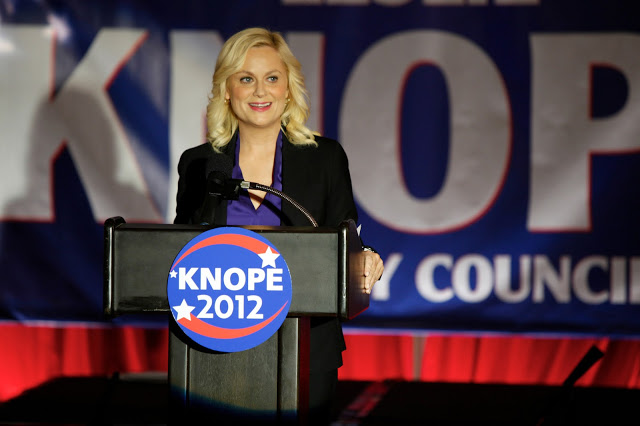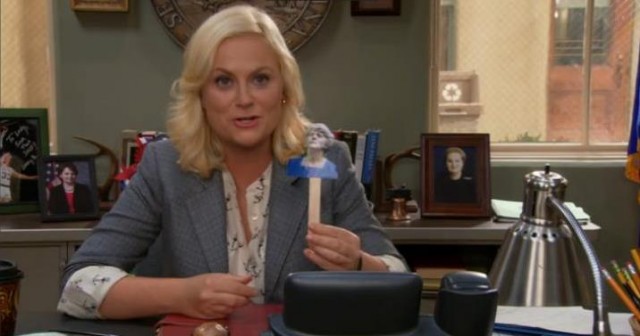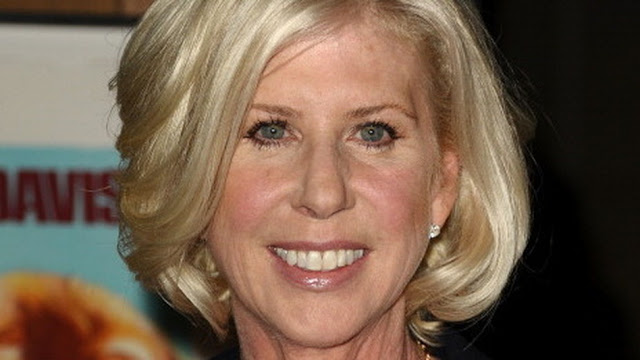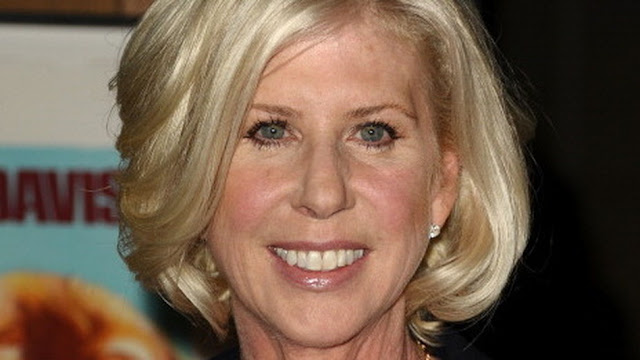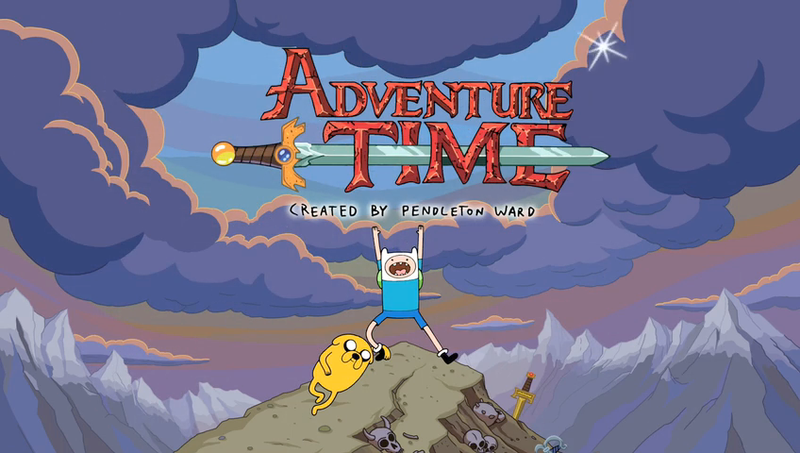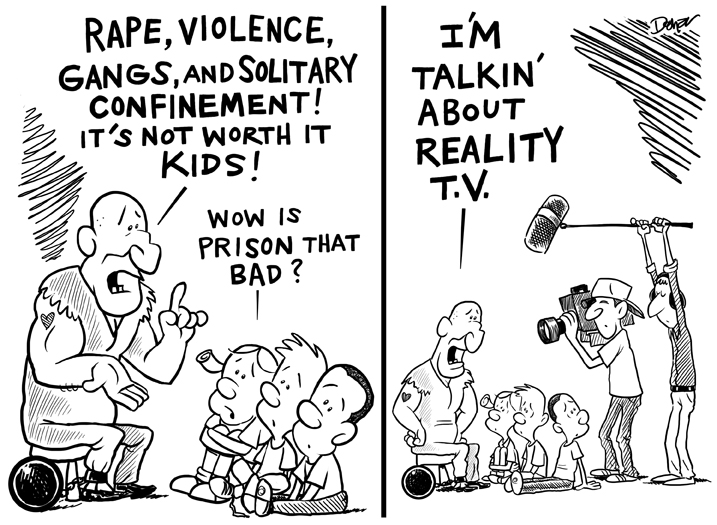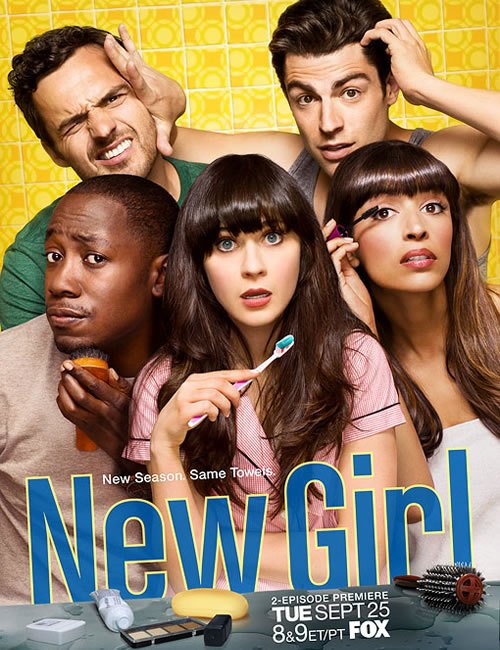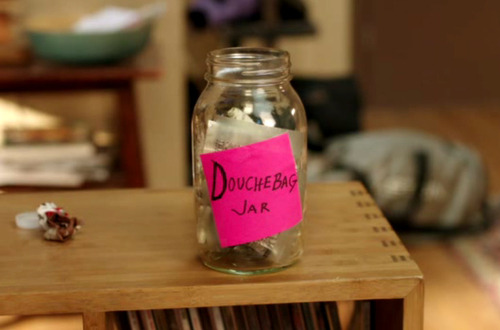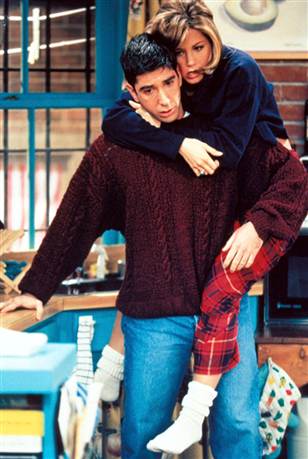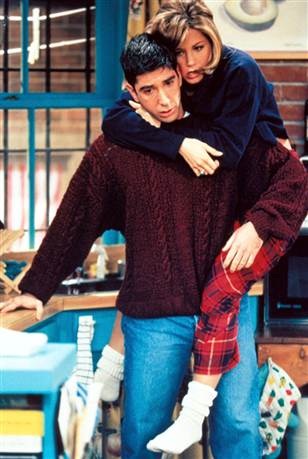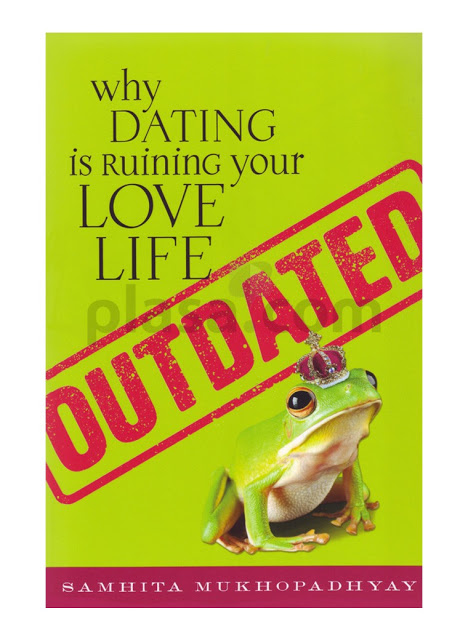 |
| Ross (David Schwimmer) and Rachel (Jennifer Aniston) after the infamous drunk-dial |
I recently indulged in some Friends-related nostalgia with a good pal of mine over a rainy weekend. We took fifteen episodes over two days and I was reminded why I was obsessed with this show during my first two years in high school. I loved Chandler, Lisa Kudrow, the chemistry among the cast members, Chandler, the way the show made typical sitcom cliches seem original and funny, the “comfort food” nature of the show, and Chandler.
One thing I did NOT love was the aspect of Friends that most people were obsessed with: the on-again, off-again relationship of the TV sitcom supercouple, Ross and Rachel.
I’ve spent some time looking at different romantic comedies and the cliches that are used and re-used in cookie-cutter scripts, and I finally pinpointed the reason why Ross and Rachel always bothered me as a couple: over ten years (seriously, ten years!) of a will-they-or-won’t-they relationship, they managed to cover almost every single one of my least favorite rom-com cliches.
 |
| “WE WERE ON A BREAK!” in five, four, three… |
He loves her. She’s oblivious until he’s with someone else, and then he’s oblivious. In the pilot episode of the series, Ross tells Rachel that he had a crush on her since high school, and she admits that she already knew. He asks her if he could ask her out sometime, and she seems receptive to the idea, and it’s a cute moment between them.
But we can’t have something as simple as a man asking out a woman in episode two, her saying yes, and seeing the two of them date over time and eventually fall in love, now can we? No, we must insert drama and other complications. In this case, this drama results in Rachel conveniently forgetting that Ross liked her and becoming completely oblivious while he mooned after her for an entire season, making her look stupid and unobservant and him look pathetic. When she re-learns that he has a crush on her, she decides that she likes him too, but whoops – he’s moved onto someone else, and now, instead of a season of Ross whining, we’re treated to six episodes of Rachel being jealous and bratty to his new girlfriend.
When Ross is pining for Rachel, he’s a whiner. When Rachel is pining for Ross, she’s a jealous brat. Why am I supposed to root for them to get together?
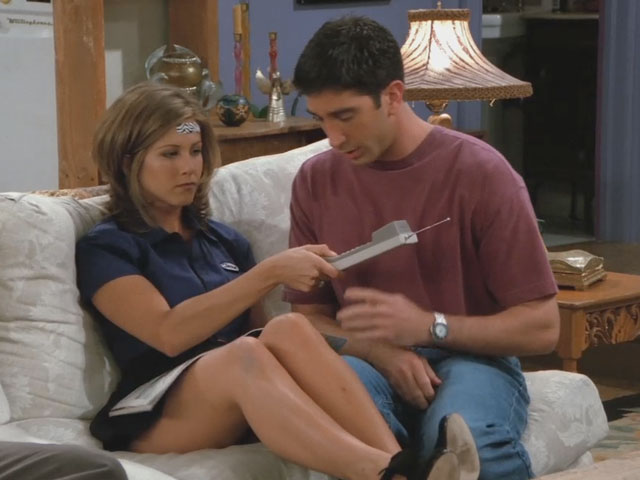 |
| Rachel hangs up the phone while Ross is talking to Julie |
“We’re still in love (during season premieres and season finales).” Unfortunately, this “we only like each other when we’re with other people” trend doesn’t end after the second season. Ross and Rachel finally date, and then they break up, and then Rachel realizes that she’s still in love with Ross when he moves onto Phoebe’s friend Bonnie. Then she realizes she’s still in love with Ross, again, at the end of the fourth season and runs off to ruin his wedding. She tells him she still loves him at the beginning of season five, but then gets over it for some reason. Then they get married in Las Vegas at the end of the fifth season, and Ross doesn’t annul the marriage because it’s implied that he still has feelings for Rachel, but then conveniently forgets about those renewed feelings at around episode six. Then they have a baby together at the end of season eight, and they consider getting back together at the beginning of season nine, but that desire is forgotten by episode two.
Is there something about the months of May and September that make Ross and Rachel fall back in love? Or is there something wrong with my suspension of disbelief, as I simply don’t buy that the same two people can fall in and out of love with each other that many times?
 |
| They had a KID together. A KID. And still didn’t get back together for two stinking years. |
Jealousy is romantic. The worst thing that Ross ever did in his relationship with Rachel was become a jealous, possessive jerk after she got a new job. (I consider that worse than his sleeping with the copy-shop girl when he and Rachel “were on a break”). The worst thing that Rachel ever did in her relationship with Ross was run off to England to stop his wedding even though he had happily moved on to someone else.
To be fair, Friends was initially honest about these issues and showed why the characters were in the wrong. Monica criticized Ross for being jealous, and his inability to get over his jealousy cost him his relationship with Rachel. Phoebe (and Hugh Laurie, in a great guest appearance) criticized Rachel for being selfish and wanting to end Ross’s wedding.
But then Ross says Rachel’s name at the altar. And at the end of the series, Rachel chooses Ross over a great new career opportunity in Paris with no apparent job to fall back on.
In the end, it doesn’t matter that Ross lost Rachel when he was jealous, or that Rachel realized it was wrong to break up his wedding. In the end, Ross wins Rachel over her career, and Rachel gets to be with Ross instead of watching him marry someone else. Getting them together in the end seems to retroactively reward them for their previous bad behavior, justifying their actions as okay because they were really in love the whole time!
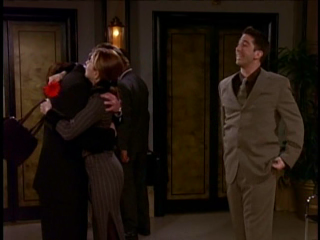 |
| Ross is jealous. This is a natural state of his. |
“Uh-oh. The placeholder love interest is more likable than the endgame couple. I know – we’ll turn them into jerks!” I can’t be the only one who thought Emily was a much better match for Ross than Rachel was. Ross and Emily had more in common than Ross and Rachel and he was more likable when he was around Emily – more genuinely romantic, more energetic, and she seemed to appreciate his geeky side more than Rachel did.
This was not a good thing for the Friends writers, apparently. Ross and Rachel were meant to be the endgame couple no matter what. The only thing to nip the Ross/Emily relationship in the bud was to turn Emily into a jerk who made him stay away from Rachel and move out of his apartment.
 |
| Rachel watches Ross and Emily (Helen Baxendale) |
Why did they like each other, anyway? What did Ross and Rachel have in common, aside from being two decent human beings who have the same friends? He had no respect or interest in her career and she had no respect or interest in his. He thought she was selfish and spoiled and she thought he was a geek and an intellectual snob. Yes, opposites sometimes attract, but sometimes I didn’t know why they even liked each other, much less loved each other.
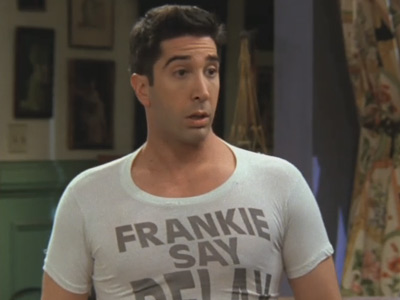 |
| Ross in his tiny T-shirt. |
The chase to the airport. They actually had a chase to the airport in the last episode. I mean, really?
“Oh, wait a minute,” you might be saying. “You’re telling me that you weren’t moved by the last scene where they got back together for real?”
Well, of course I was moved. I’m not made of stone, people. She got off the plane!
Yes, I “aww” and I tear up at their last scene together, as ridiculous as it is. To me, that’s a testament to how much Schwimmer and Aniston sold every step of the relationship. No matter how contrived the writing was, they committed to those romantic moments. Sometimes they made me forget how much their relationship got on my nerves. But when I’m re-watching old Friends episodes and indulging in some nostalgia, I tend to fast-forward the dramatic Ross and Rachel scenes, because those are too many cliches for me to handle with one couple.
Chandler and Monica, on the other hand – that’s where the magic was.
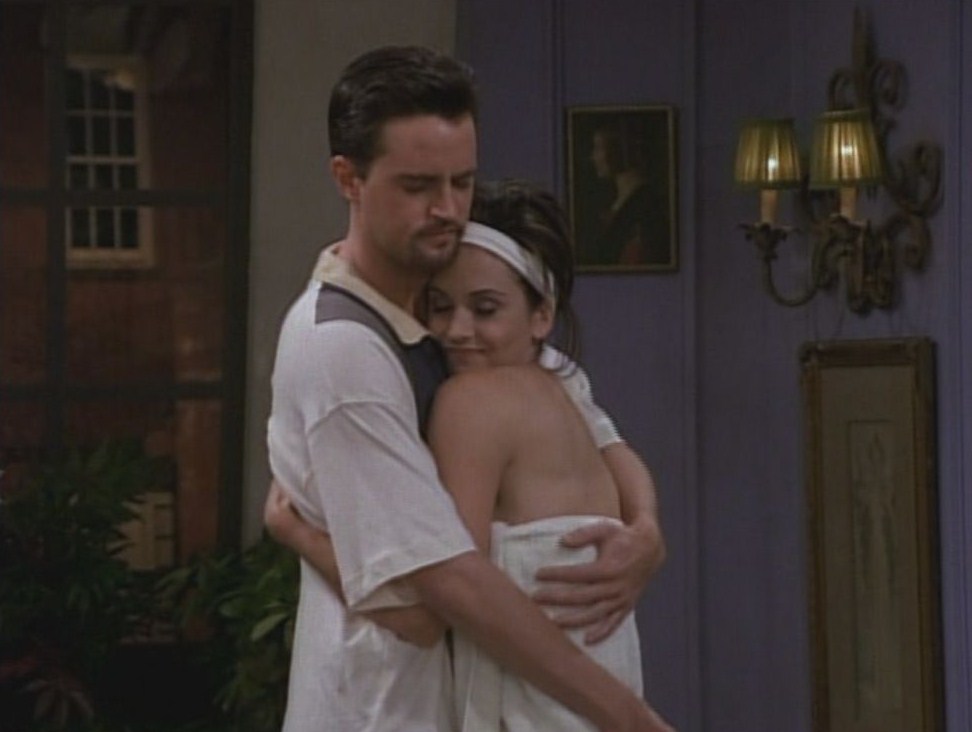 |
| They got together – and STAYED together – with very little bullshit! How refreshing. |
Lady T is an aspiring writer and comedian with two novels, a play, and a collection of comedy sketches in progress. She hopes to one day be published and finish one of her projects (not in that order). You can find more of her writing at The Funny Feminist, where she picks apart entertainment and reviews movies she hasn’t seen.

